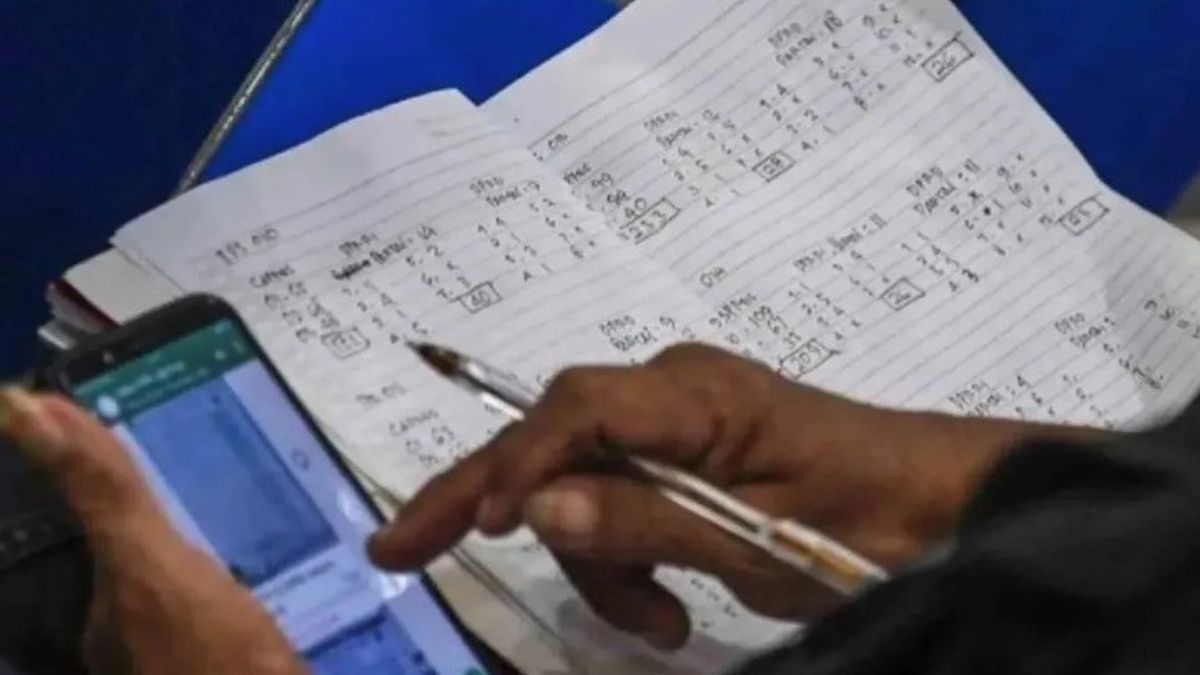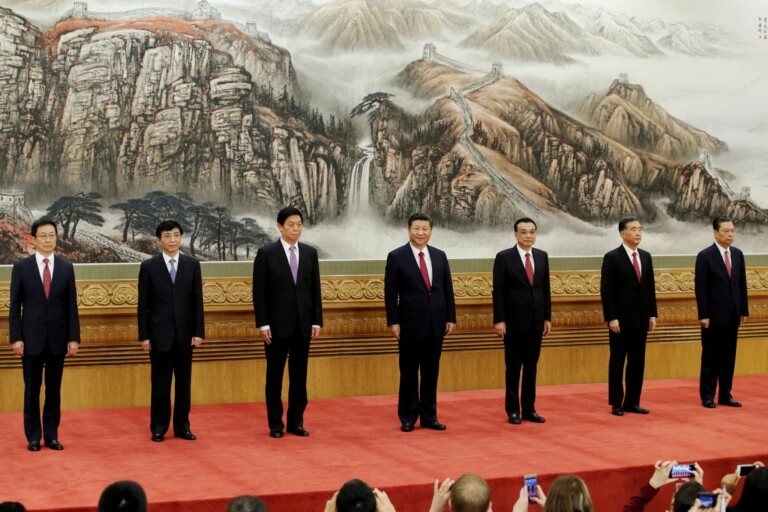The government is asked to be careful in discussing the regional head election system (Pilkada) chosen by the Regional House of Representatives (DPRD). This, said political observer Pangi Syarwi Chaniago, could be a major disaster for Indonesian democracy.
Previously, President Prabowo Subianto conveyed ideas about improving the political system in Indonesia. The reason is because the regional elections immediately cost high and are inefficient when compared to neighboring countries.
A similar opinion was also conveyed by the Deputy Chairperson of the Budget Agency or Banggar DPR Jazilul Fawaid who proposed that the regional elections at the provincial level to choose a candidate pair for governor and deputy governor to be carried out through the DPRD of each province no longer be directly elected by the people because they cost a lot of money.
However, the discourse of the election being chosen by the DPRD in order to reduce costs was denied by political observer Pangi Syarwi Chaniago. According to Pangi, this electoral system also has the potential to prevent officials from going down to the people.
“Later it will happen again for officials who do not go to the people, so far they have been diligent in greeting the people because they need votes,” Pangi said when contacted by VOI.
Prior to 2005, regional heads and deputy regional heads were elected by the DPRD. However, since the enactment of Law Number 32 of 2004 concerning Regional Government, regional heads have been directly elected by the people through the Pilkada.
For the first time, the regional elections were held directly in June 2005. Since then, the Indonesian people have had the opportunity to elect regional heads according to their wishes through a democratic process.
Almost 20 years passed, suddenly there was a discourse that the pilkada system would return to its pre-reforming period, which was chosen by the DPRD. One of the reasons is because the political costs of the regional elections are high immediately.
But this discourse has caused polemics among the public. Executive Director of the Voxpol Center Research and Consulting Pangi Syarwi Chaniago said this proposal was like a sarong.
“So this is just going back and forth. In the past, because I was tired of wanting the direct election, the people wanted to choose it. Now the DPRD has appointed it again. His mind jumped, didn’t stay away,” said Pangi.
Pangi added that the regional head appointed by the DPRD has the potential to widen the distance between officials and the people. He predicted that there would be no more blusukan activities that would be carried out by regional head candidates to approach the people, because their voices were no longer needed.
“There will be more officials who do not come to the people. So far, they have been diligent in greeting because they need votes,” said Pangi again.
“Tomorrow, officials will not absorb aspirations because they do not need the voice of the people, thus producing leaders who are not pro-people, not grounded. This is the biggest disaster and Prabowo doesn’t think of this,” he added.
Deputy Chairman of the DPR Banggar Jazilul Fawaid explained the reason for the pair of governors and deputy governors to be elected through the DPRD of each province because the regional elections were immediately expensive. He said the high cost of selecting the governor was seen in the 2024 Pilkada.
He gave an example that the government must spend more than IDR 1 trillion for the West Java Pilkada, not to mention the cost of selecting governors in other regions.
Instead of changing the pilkada system, Pangi said the government should improve the existing system to reduce election costs. Instead, he doubted that the change in the regional election system would actually remove the polymer politics. According to Pangi, if the election was carried out by the DPRD, he would actually see the potential for transactional politics in the DPRD
“What needs to be improved is about the polymer politics, how to solve it without having to damage the system,” he said.
“With the election system chosen by the DPRD, I’m not sure there is no vote buying. So far, political costs have been distributed to the people, later, just move the money,” Pangi explained.
For this reason, Pangi hopes that the government must think about this carefully, don’t think directly because what is being faced is a big issue in the class of regional elections.
“It takes contemplation, reflection, study, whatever the weaknesses and strengths are. This is an emotional thought, even though we need a system that is small that is consistent, unchanged,” he said.
“This is like sarong politics. Later after 20 years of boredom, the people will miss being chosen by the people again,” said Pangi ending.







